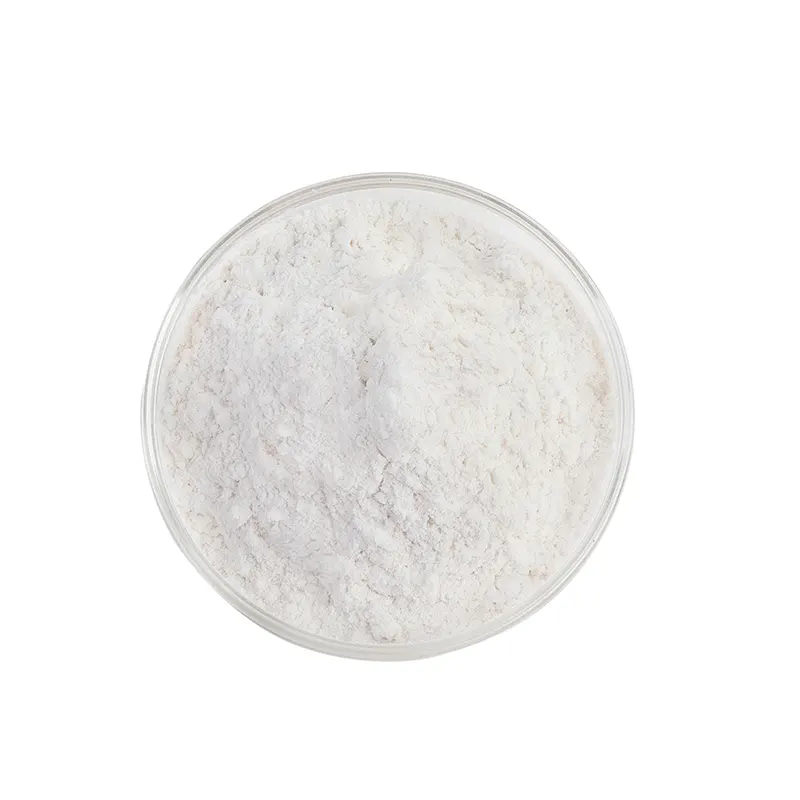Unlocking the Power of Melatonin Precursors: The Key to Better Sleep and Health
2024-08-10
In the quest for better sleep and overall well-being, many people turn to melatonin supplements to regulate their sleep-wake cycles. However, an often overlooked aspect of this journey is understanding the role of melatonin precursors. These vital compounds are essential for the body’s natural production of melatonin, the hormone that plays a critical role in regulating sleep. In this blog, we’ll delve into what melatonin precursors are, their benefits, and how they can be a game-changer in promoting better sleep and enhancing overall health.
What Are Melatonin Precursors?
Melatonin precursors are substances that the body uses to produce melatonin. Melatonin itself is a hormone produced by the pineal gland in the brain and is responsible for regulating the sleep-wake cycle. The synthesis of melatonin begins with the amino acid tryptophan, which is converted into serotonin, and then further converted into melatonin.
Key melatonin precursors include:
- Tryptophan: An essential amino acid found in various foods, such as turkey, eggs, and dairy products, that serves as the primary building block for serotonin and melatonin production.
- 5-Hydroxytryptophan (5-HTP): A derivative of tryptophan that is directly converted into serotonin and is often used as a supplement to support mood and sleep.
- Serotonin: A neurotransmitter derived from tryptophan and 5-HTP that is further converted into melatonin.
Benefits of Melatonin Precursors
1. Improved Sleep Quality
- Supports Natural Melatonin Production: By providing the body with the necessary building blocks, melatonin precursors help ensure the production of adequate melatonin levels. This can lead to improved sleep quality and help maintain a regular sleep-wake cycle.
- Reduces Sleep Onset Latency: Increased melatonin production can help individuals fall asleep faster, making it easier to get a restful night’s sleep.
2. Enhanced Mood and Well-Being
- Serotonin Boost: Since serotonin is a precursor to melatonin, ensuring adequate levels of tryptophan and 5-HTP can also support overall mood and emotional well-being. Serotonin plays a role in regulating mood, anxiety, and depression.
- Supports Stress Management: By promoting balanced serotonin and melatonin levels, these precursors can help manage stress and improve overall emotional health.
3. Regulation of Sleep-Wake Cycles
- Supports Circadian Rhythms: Melatonin precursors help regulate the body’s internal clock, supporting healthy circadian rhythms and improving the ability to fall asleep and wake up at desired times.
- Mitigates Jet Lag: For those traveling across time zones, maintaining healthy melatonin levels can help adjust to new time zones and reduce symptoms of jet lag.
4. Potential Benefits for General Health
- Antioxidant Properties: Melatonin has been shown to have antioxidant properties, which can help protect cells from oxidative stress and support overall health.
- Immune System Support: Adequate melatonin levels are linked to a well-functioning immune system, which can help the body defend against illnesses and infections.
How to Incorporate Melatonin Precursors into Your Routine
1. Dietary Sources
- Tryptophan-Rich Foods: Incorporate foods high in tryptophan into your diet, such as turkey, chicken, eggs, nuts, seeds, and dairy products. These foods provide the essential amino acid needed for melatonin production.
- Balanced Diet: Ensure a balanced diet that includes a variety of nutrients to support overall health and optimal melatonin production.
2. Supplements
- 5-HTP Supplements: Consider taking 5-HTP supplements, which are readily converted into serotonin and can support melatonin production. Always consult with a healthcare provider before starting any new supplements.
- Melatonin Supplements: While not a precursor, melatonin supplements can be used in conjunction with precursors to directly address sleep issues. Consult with a healthcare provider to determine the appropriate dosage and timing.
3. Lifestyle Adjustments
- Regular Sleep Schedule: Maintain a consistent sleep schedule by going to bed and waking up at the same time every day. This helps regulate your body’s internal clock and supports melatonin production.
- Healthy Sleep Environment: Create a sleep-friendly environment by minimizing exposure to blue light before bedtime, keeping the room dark, and maintaining a comfortable temperature.
4. Consultation with Healthcare Providers
- Personalized Advice: If you’re experiencing sleep issues or mood disorders, consult with a healthcare provider to determine the best approach for incorporating melatonin precursors and supplements into your routine.
- Address Underlying Conditions: Ensure that any underlying health conditions affecting sleep or mood are addressed with professional guidance.
Conclusion
Melatonin precursors play a crucial role in supporting the body’s natural production of melatonin, which is essential for healthy sleep and overall well-being. By understanding the importance of tryptophan, 5-HTP, and serotonin, and incorporating these precursors into your diet and lifestyle, you can enhance your sleep quality, mood, and general health.
Whether through dietary changes, supplements, or lifestyle adjustments, focusing on melatonin precursors can be a powerful tool in improving your sleep patterns and supporting a balanced, healthy life. Embrace the benefits of these essential compounds and take proactive steps towards achieving restful nights and better overall health.



